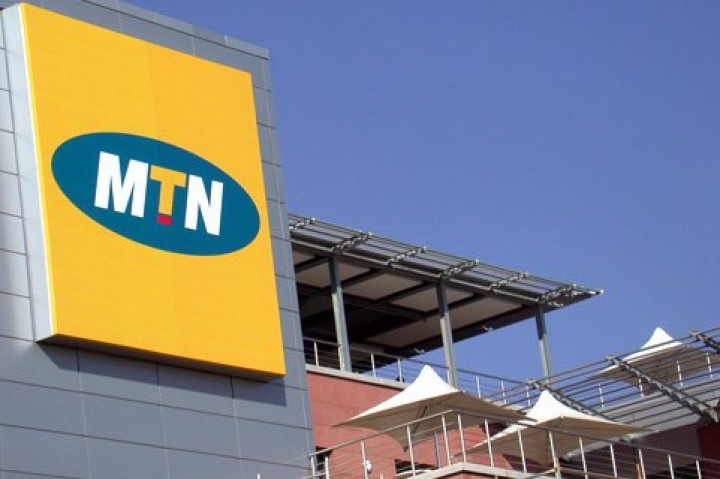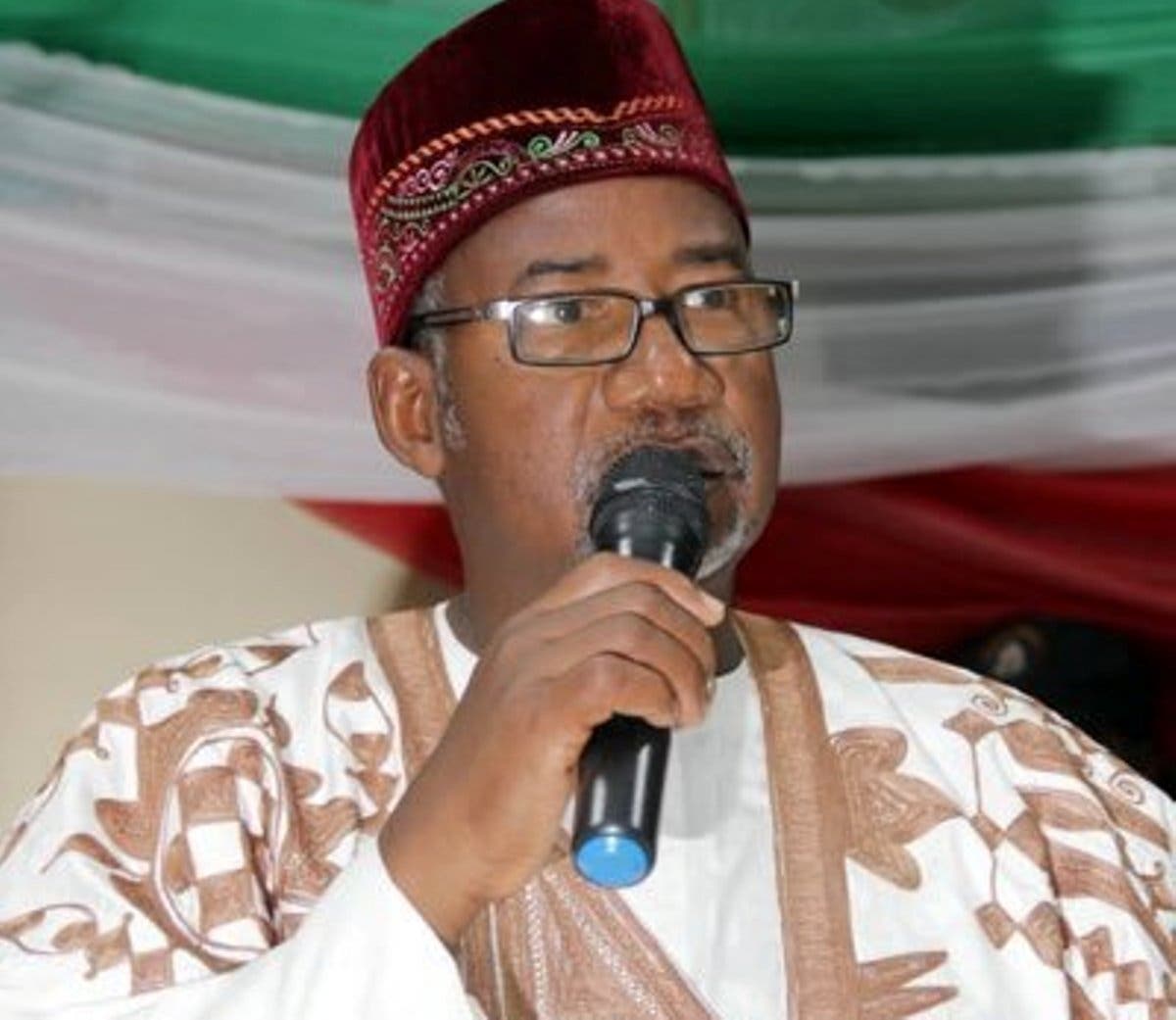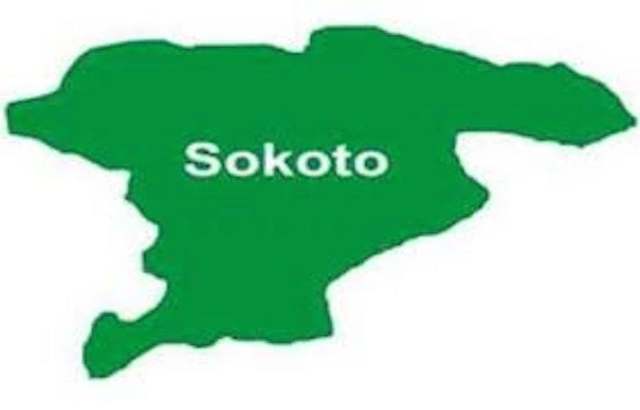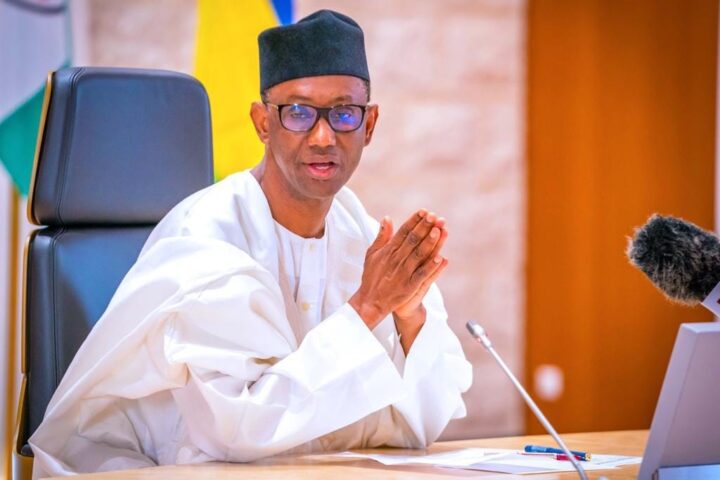Former vice-president Atiku Abubakar says Nigeria could have averted sliding into a recession had President Muhammadu Buhari listened to his counsel.
Nigeria officially entered into its worst economic recession in 33 years after the nation recorded a GDP contraction of 3.62 percent in the third quarter of 2020.
Commenting on the development in a social media post on Sunday, Atiku said the recession could have been avoided if Buhari had cut down on the cost of governance as advised.
He noted that though the COVID-19 pandemic played a negative role in economic development, “we could have avoided this fate by a disciplined and prudent management of our economy”.
“This could have been avoided had this administration taken heed to the patriotic counsel given by myself and other well-meaning Nigerians on cutting the cost of governance, saving for a rainy day, and avoiding profligate borrowing,” Atiku said.
He further said that now is not the time to trade blames but to focus on ways to manage the situation and called on Buhari’s government to “swallow its pride, and accept its limitations, so that they can open their minds to ideas, without caring who the messenger is”.
Atiku proposed that non-essential line items like estacodes, welfare packages, and new vehicle purchases be expunged from the proposed 2021 budget.
He further recommended that the federal government should invest in a stimulus package “in the form of monthly cash transfers of ₦5000” to mitigate the effect of the recession on the poor while taxing luxury items and services used by the rich.
“The nation is broke, but not broken. However, if we continue to spend lavishly, even when we do not earn commensurately, we would go from being a broke nation to being a broken nation,” he said.
“A practical approach to this is to place a 15% tax on all business and first-class tickets sold to and from Nigeria, on all luxury car imports and sales, on all private jets imports and service charges, on all jewellery imports and sales, on all designer products imported, produced or sold in Nigeria, and on all other luxury goods either manufactured or imported into Nigeria, with the exception of goods made for export.
“The proceeds of this tax should be exclusively dedicated to a Poverty Eradication Fund, which must be managed in the same manner as the Tertiary Education Trust Fund, or the Ecological Fund.
“I further propose that a 1% poverty alleviation tax should be legislated by the national assembly on the profits of every international oil company operating in Nigeria, and international airlines doing business in Nigeria, which should also go towards the proposed Poverty Eradication Fund.
“And above all, Nigeria must stop borrowing for anything other than essential needs. Again, for the avoidance of doubt, borrowing to pay salaries, or to engage in White Elephant projects, is not an essential need.
“This is particularly important as we need cash at hand because the world and our economic and development partners are also focused on helping their home economies overcome the effects of COVID-19. We must be our own saviours.”
The Buhari-led administration said it is already taking steps to reduce the cost of governance by implementing the Stephen Oronsaye report.
It also removed subsidies paid on petrol, a widely consumed crude oil product.







